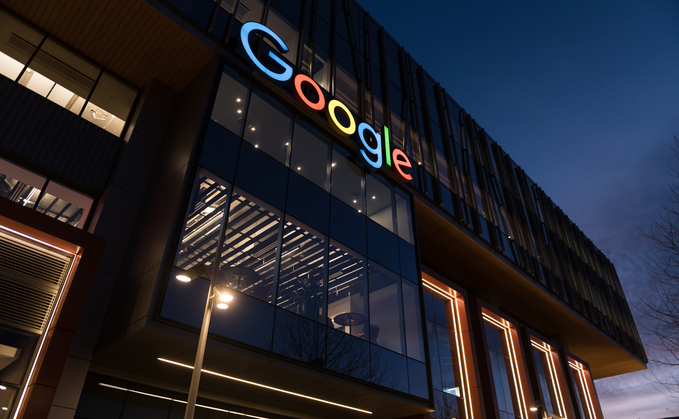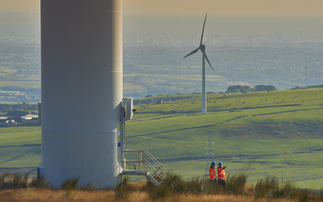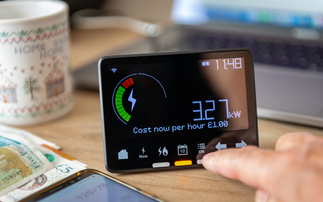
Credit: iStock
Google, AstraZeneca, and Vodafone UK among those joining new Climate Group initiative exploring how to match variable clean power generation to demand
Google, AstraZeneca, and Vodafone UK have joined a new initiative to support corporates in reforming their approach to green electricity procurement to secure access to 100 per cent clean power around...
To continue reading this article...
Join BusinessGreen
In just a few clicks you can start your free BusinessGreen Lite membership for 12 months, providing you access to:
- Three complimentary articles per month covering the latest real-time news, analysis, and opinion from Europe’s leading source of information on the Green economy and business
- Receive important and breaking news stories via our daily news alert
- Our weekly newsletter with the best of the week’s green business news and analysis









